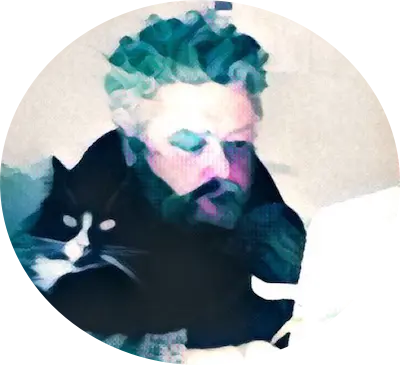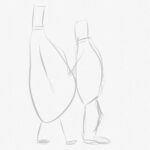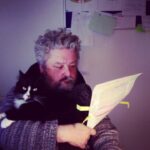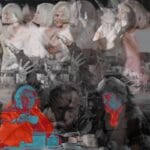A novel that never quite made it. It was about love, hope, self-image and memory’s false constructions.
Read The Assumption – the novel that never happened
I’m adding the novel, chapter by chapter each with a brief description of what went wrong.
The Prologue
Chapter 01 – Leaving
Chapter 02 – My Journey Began
Chapter 03 – Training Daze
Chapter 04 – The Four Crosses Hotel
The Assumption is a novel I worked on, I struggled with, for three years before I decided not to proceed. I killed it. I killed it because it was growing fat and indigestible. It wouldn’t just stick at being a simple story of misplaced love, of memory stews, of revenge.
All well and good except new lines of narrative, new social dynamics, new characters kept appearing and making a mess of each other. The book refused to bed anything down to a reader-friendly line in its beginning, middle and its several unsatisfying endings.
Worse still, the book became an exercise in showing off my own researches, not entertaining the reader. Clarity. Clarity. Clarity – the oppposite was true.
Magazine writing and editing since 1988, I found myself re-reading drafts only to red-pen the drafts. My old editor head just screamed:
“What the fuck is in it for the reader? Are you going to provide a sodding directory? Maybe a few maps? Some way to help the poor reader work out what’s going on?” I yelled at myself.
How it began
The Assumption began as a story about a man fresh out of prison for a crime he may or may not have committed. He decides he will travel on the new and highly dangerous Mars Colony rocket but first he has to travel around the country and say ‘sorry’ and ‘goodbye’ to his past and the people who inhabited it.
A straightforward enough plot, the story of a recovering addict saying their farewells and making their peace before embarking on the interplanetary journey from which they will probably never return. Unless, of course, they find true love.
Bloating
From its inception – a short story that bloated – to its death, it was a struggle. Love, false memory, self-delusion and redemption fell into and out of each other.
It lost its way when too many characters became involved in too many situations. Everything was inchoate and refused to evolve into much more than character and location interactions with little dramatic tension. It became bloated and without focus. Therefore, it had to die.
Or rather it had to be stopped and made an example of right here. The example is not to let my writing grow fat, lazy and plotless because there was just too much or too many plot and plots.
Confusion
This story was about a man/woman (I never made my mind up) who had left gaol where they’d been banged up for an unnamed crime they may or may not have committed. They go in search of true love, a house of their own, and ideally the demise of Aunt Bernadette.
Our protagonist, called Laurie Gonne, is a vain person – once a model – who doubts their own past but also other people’s perceptions of them. The first name was suitably genderless. The second name derived from Maude Gonne.
The I.R.A. get involved
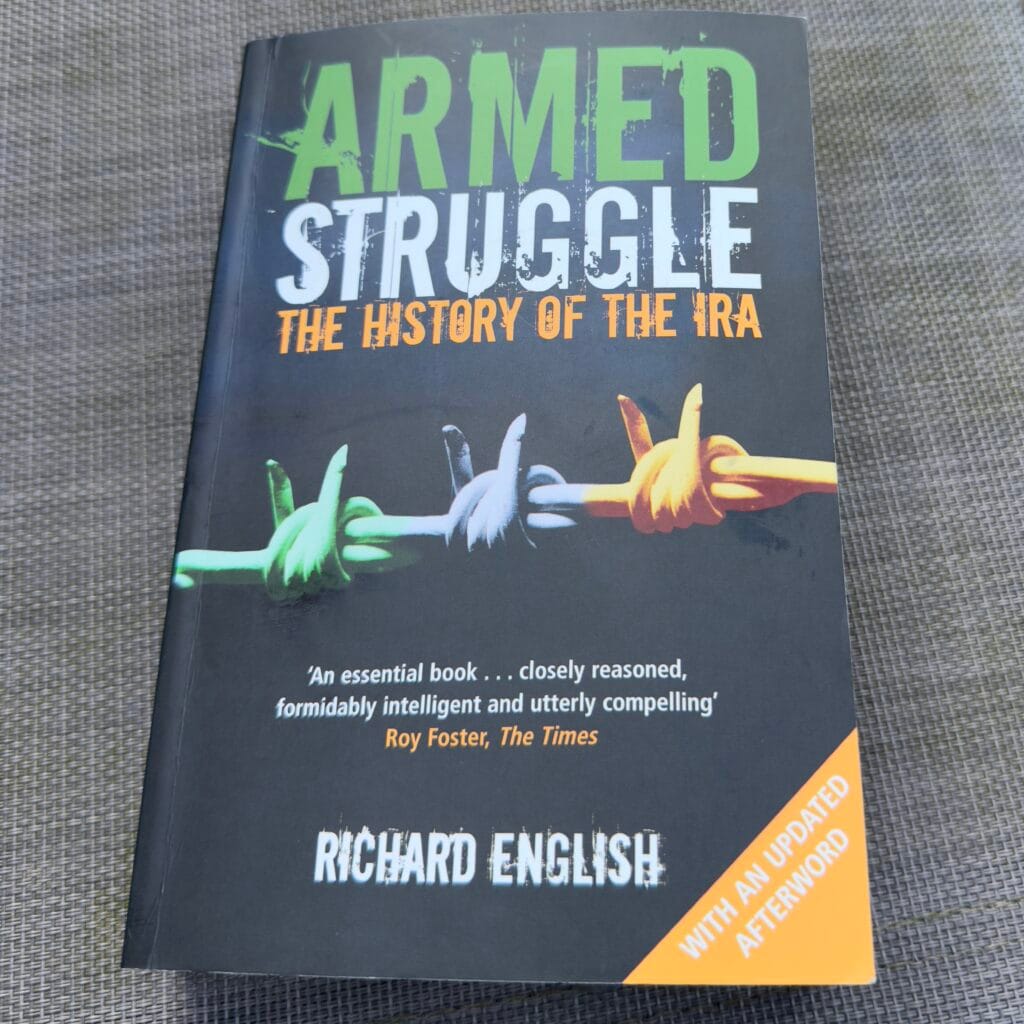
The initial drafts were set between Crosschester – a city that readers of my first novel will recognise – and Fethard-on-Sea in Ireland – a town most people will not recognise.
The old, pre-Provisional, Irish Republican Army (IRA) became involved and turned the plot from Laurie’s search for their one true love (they have many of these), called Julianna Górecki into something more complex.
IRA diamonds are the McGuffin as historical (acts of memory) barbs begin entering the flow of the book. Laurie is given the task of liberating the gold or diamonds or bonds for a crew of mysterious old people. Threats are made, incentives are laid bare.
The I.R.A. came into play for two reasons:
- I wanted some derring do, some John Buchan, some Erskine Childers. Some action-adventure to keep the audience energised.
- I wanted to use all the information I’d gathered about my own Irish family to get my Irish passport (thanks Granny Murphy).
- I’m also learning Irish – my new passion for this took over from my better judgment.
I then proceeded to get lost in the history of the Irish Republican Army (not the Provos), the Irish Republican Brotherhood, Jim Larkin’s Irish Citizen Army, The Irish Volunteers, and many others.
Research is all well and good. However, as any historian who has ever got carried away in an archive will tell you, not every avenue of research leads to revelation and a strong spine to their thesis. Much archive/research, no matter how much it glisters, is a long way from on topic.
The characters who might live on
Lovely Julianna
Let’s see what Laurie has to say about Julianna:
“The remarkably beautiful Julianna Górecki. Tall as a cedar. Elegant as a hazel branch. French as a guillotine. She lived in a massive, crumbling Georgian country house in the village I grew up in. It was a house I knew well. It should have been my house. Our house. Me and Julianna. Julianna and I.
“Wonderful Julianna, cool and warm, torridly tactile and terrifically remote. I adored Julianna like only a few other men and women I’d encountered. She made me a teen all over and inside. She made me self-conscious in a wonderful way. That’s love isn’t it? A kind of love. I have still never met anybody as satisfyingly distant as Julianna, and I’ve worked extensively in the high-end fashion industry. Julianna then. Julianna now. Julianna forever.
“Julianna brings a hint of humanity to Bernadette’s house.”
That hypocrite Bernadette
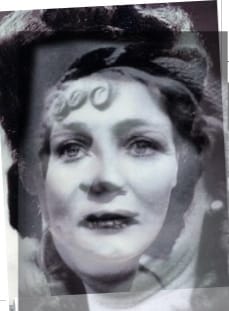
One character who has to remain and probably be used in a new, stripped down novel is Aunt Bernadette, an alcoholic, a heavy smoker, she is religous despite hating almost everything and everyone in God’s creation. She is a vicious and hypocritical harridan but she’s Laurie’s remaining blood relative (or is she? See, that’s how the book veered off in yet another direction). She’s possibly a lesbian who is also a devote Catholic.
She is being cared by Julianna in a grand country house. She is Laurie’s aunt. She maybe Julianna’ lover. Either way Laurie wants her gone. Bernadette has no reason to go. Julianna always knows that she will be getting it in Bernadette’s Will. Could Laurie be in love with a woman who has no need for that love?
What follows is how the book looked after I killed 90,000 additional words in a vain attempt to achieve some cohesion. To make The Assumption a book for the reader, and not just an act of writing my own cleverness or (as my internal critic would have it) a revelation of my own mediocrity, at best.
Anyway, I’ll be adding chapters as this blog of failure unfolds. For now, let’s look at the prologue. This was supposed to give an idea of Laurie’s ability to observe without inclusion.
That monster O’Neil
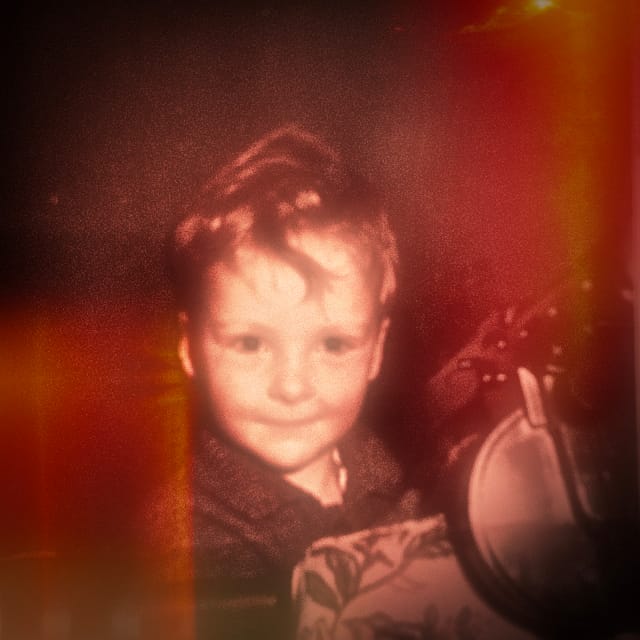
The novel’s most impactful make presence: Dr Neil O’Neil spends a lot of time in Laurie’s memory. You might even think that Neil is Laurie’s real love interest. He’s is a grandiose, sleazy and charismatic monster born of the 1980s. I knew people like Neil in the UK and in Ireland back then – all cocaine, champagne and lies.
The more I thought I was writing a story about Laurie, Juliana and Bernadette, the more Dr O’Neil threatened to take over. Maybe see you again elsewhere, Dr O’Neil?
Little Cartey
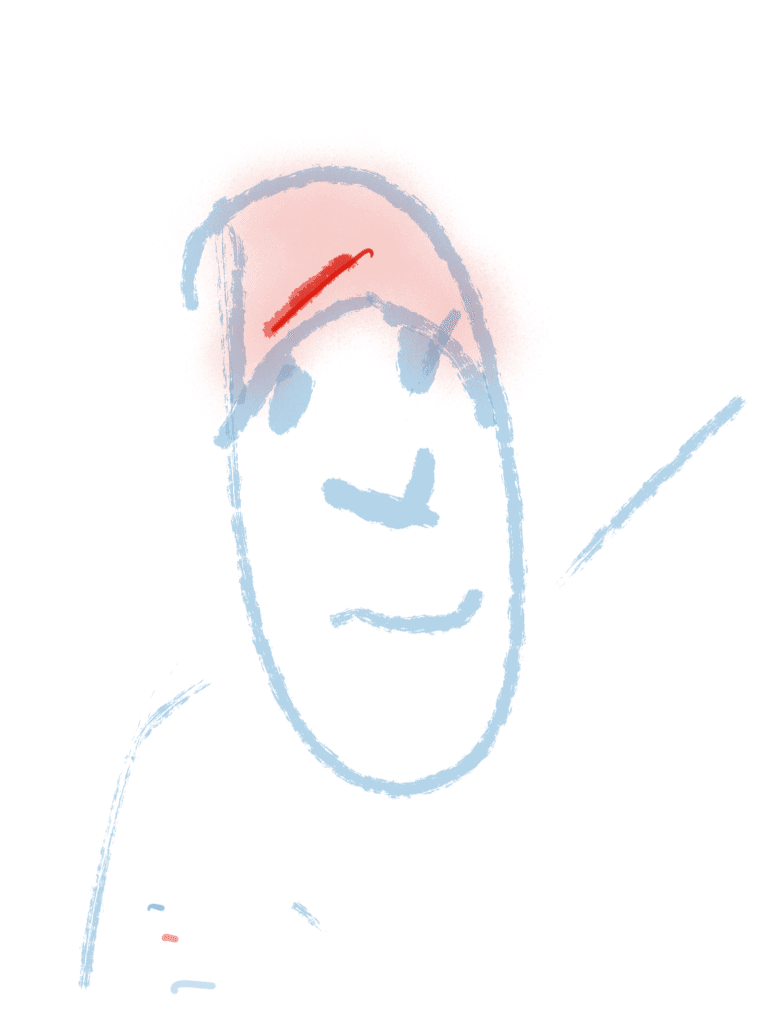
Little Cartey works at the Four Crosses Hotel (so many crosses, it’s got to be a bit dodgy, right?). This is where Laurie must hand over a letter to the landlady, Mrs Maeve Morgen, so the journey can continue.
Cartey, with her sibling Big Cartey, are the handypeople at the Four Crossses. They know the city of Crosschester and its outlying villages of Shalford, Commiton, and Bursley deeply and through time.
Little Cartey is also hugely empathetic, easy to trust, and useful. I’m sure I had Jean Passepartout in mind when I began writing Little Cartey.
At first Laurie, a natural snob, snobbish by fear, and doesn’t really care much for the help. Because of Little Cartey’s charm, obvious care for people, and growing care, Laurie is able to find the ground, is able to finally see other people.
It’s, of coures, possible that Little Cartey, not Julianna, not Dr Neil O’Neil is the real love of Laurie’s life. This love story between Little Cartey and Laurie was going to provide an ending to the book itself in fact.
What did I learn from this failure?
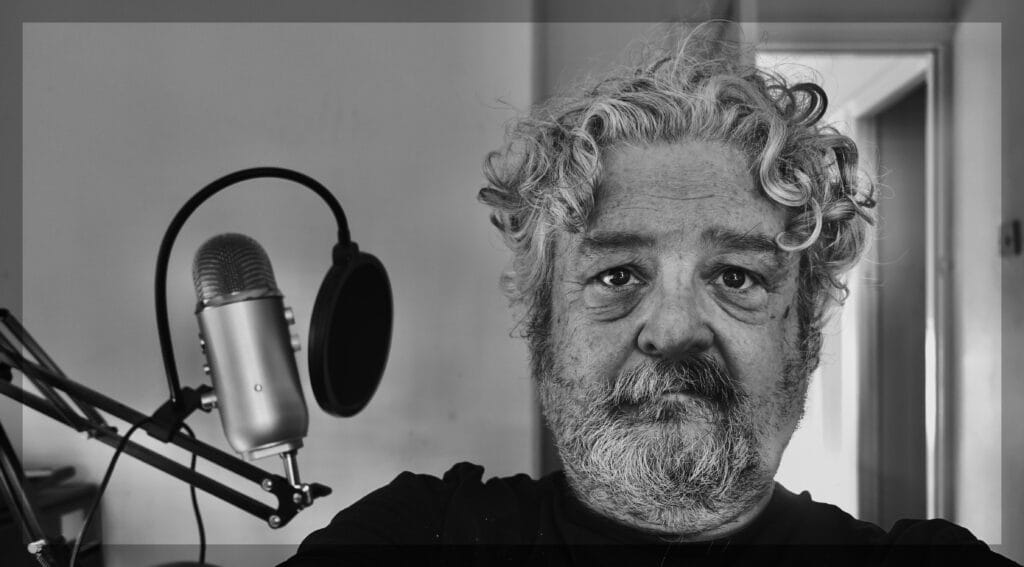
Writing in the first person is much harder than it seems. It’s a really technical skill to be able to drive the story forward from a single point of view (POV).
How can Laurie see what is going on elsewhere? How can Laurie read their minds? See their motivations? Without some way of achieving these things what I ended up with was a single character surrounded by people seemingly without motivation. Without any inner lives at all.
This conundrum could have been solved by switching to a multiple POV narrative with a non-character narrator who could observe and report back on everything and everybody.
The book, however, didn’t want this this. Not at all.
So, in the struggle between me the author, and the book itself, I always had the final say right up until that final say was “Enough! Time to move on”.
I hope you enjoy these fragments of years of work.
Too many voices not enough depth or action
Another mistake I made was to be lead by too many characters, and their concomitant plots no matter how small. Creating and growing characters is an immense pleasure for any author. Then the realisation dawns that differentiating between the troops in this army of undifferentiated voices, faces, motivations and subplots adds nothing other than stress to the reader’s time.
This took me quite some time to come to grips with. No matter how evil or oily or stupid a character is, the author still loves them. However, they must each have clear and cleanly outlined personalities and behaviours. If not, you’re just adding the same characters suffused and obscured by each other.
Imagine a bar full of drunks and you’re sober, you’ve just walked in. All the drunks are sure they’re being original and have great, pissed-up, stories to tell.
“I’m not drunk!” they all chorus, all believing this is true.
It’s time to go elsewhere before they all start talking about themselves because all they have to say will be how interesting, individual, and sober they are.
Fewer, more tightly written, more compelling characters are more likely to drive the plot forward. The opposite has the effect of flooding and therefore diluting the backbone plot so that the book itself becomes a self-indulgent scrap book not an interesting novel.
So, after all that, here’s what’s left of The Assumption.
(After you’ve read this, you might like to read my novel The Water Meadow Man, which I have published.)

